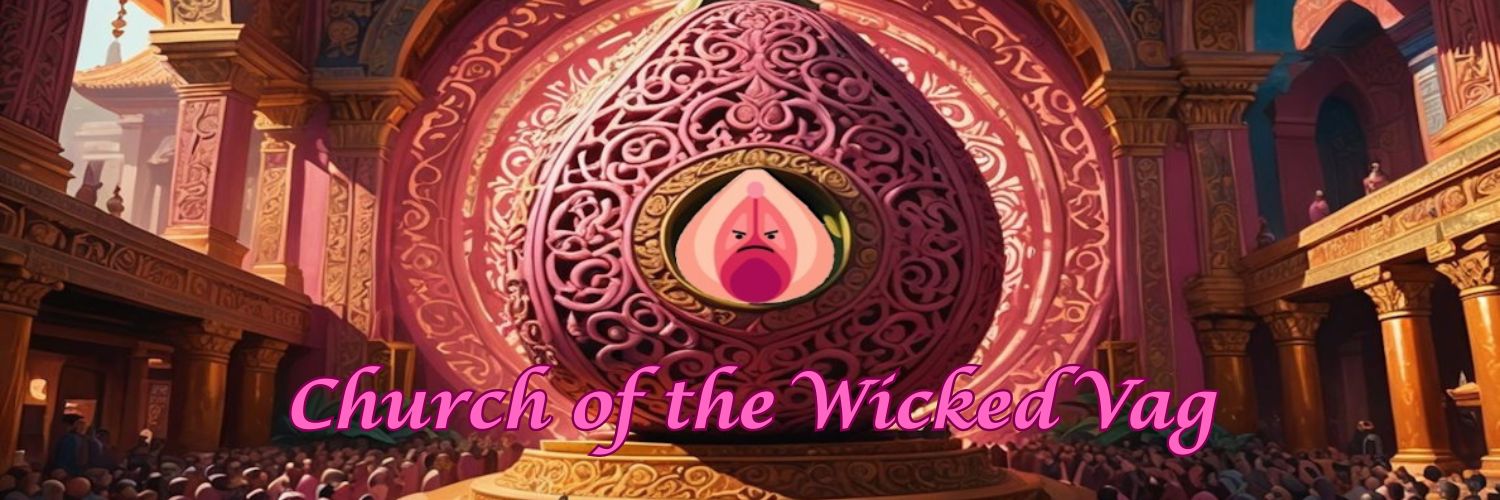COW Minister Guide & Legalities of Officiating Weddings
The Church of the Wicked Vag (COW) is a non-denominational organization that offers free online ordination, empowering individuals to perform various religious ceremonies, including weddings. This guide outlines the steps to become a COW minister and officiate a wedding while emphasizing the legal considerations and the necessity of adhering to state and local regulations regarding marriage licenses.

Performing Weddings and The Church of the Wicked Vag
The COW is known for its commitment to promoting universal togetherness and religious expression, welcoming members globally without regard to their backgrounds or belief systems. Unlike many traditional religious organizations, COW does not impose lengthy training periods or costly courses for ordination.
Becoming an ordained COW minister grants individuals the same rights and privileges as clergy of other faiths, including the ability to perform legal wedding ceremonies. This ordination also opens doors for starting personal ministries and presiding over various religious and spiritual ceremonies. The COW advocates that everyone has the inherent right to control their spiritual lives and access ordination. The process is straightforward, requiring only the completion of an online application. Additionally, COW provides minister training materials and state-specific guides to assist ordained ministers.

Steps to Officiate a Wedding as a COW Minister
Many COW ministers utilize their ordination to perform wedding ceremonies. While the prospect of solemnizing a marriage may seem daunting, it becomes manageable with the right guidance. The process typically involves several key steps for ministers in the U.S.:
- Contacting the Marriage License Authority: After ordination and prior to the ceremony, ministers may need documentation proving their authority to officiate. Requirements vary by state and county, and information on local regulations can be found on the COW's State Wedding Laws page. Common documentation includes an ordination credential, a letter of good standing, or signed statements of ministry, all of which can be accessed in the Minister Store.
- Performing the Wedding Ceremony: COW ministers officiate a wide range of weddings, from formal gatherings to informal celebrations. While creativity is encouraged, ministers must be aware of basic legal requirements. For a marriage to be legally binding, the ceremony must include the Declaration of Intent and the Pronouncement, which together affirm the couple's commitment. Additional elements are common, but these are the minimum essentials. Step-by-step guides for performing weddings based on location are available on the COW's Officiate a Wedding page.
- Filling Out the Marriage License: After the ceremony, both the minister and the couple must sign the marriage license. It is critical to follow the guide for accurately completing the license and to be aware of strict state deadlines for returning it to local officials.
- Post-Ceremony Duties: Following the ceremony, it is customary for the minister to socialize briefly with the couple and guests, as well as to present the couple with a decorative marriage certificate.
- Additional Resources: Ordination as a COW minister allows for much more than just performing weddings. The COW website offers extensive training and information, with key resources including the COW Minister Store, COW Minister Training, COW Officiate a Wedding, and COW Wedding Laws pages.

Legal and Religious Considerations for New Religion Founders
The legality of a new religion's founder performing weddings is contingent upon various historical, legal, and cultural frameworks.
Historical Context
Marriage historically focused on property rights and social stability, with religious involvement emerging later. The establishment of state-regulated marriage licenses created a dual system for legal solemnization, intertwining religious and secular practices.
Jurisdictional Variability
Modern marriage laws vary significantly by region. Some jurisdictions, such as California, permit officiation by those ordained through online ministries like the COW, regardless of denominational recognition. Conversely, states like New York restrict officiation to clergy of established religious organizations, judges, and government officials. Nevada requires registration and affiliation with a recognized religious institution, while regions like Ireland and Ontario mandate proof of religious organizational status for officiation.

Recognition of New Religions
For a new religion to gain officiation rights, formal recognition is often necessary. This involves incorporation as a religious entity, registration with civil authorities, and demonstrating legitimacy through regular activities, ordination processes, and compliance with marriage laws. In some areas, such as Pennsylvania, self-uniting marriages may be permissible without an officiant.
Practical Steps for Religious Founders
Founders must either ordain themselves or designate clergy. While online ordinations are accessible in lenient jurisdictions, stricter regions may require formal theological training or apprenticeships. Compliance with marriage laws is vital, including licensing, adherence to legal ceremony requirements, and proper recordkeeping of marriage licenses. Noncompliance can invalidate marriages.
Case Studies
Examples such as the Church of Spiritual Humanism, which successfully registered in New York allowing officiation in 14 states, and Jediism in the UK, which lacks legal recognition despite a significant following, underscore the complexities of obtaining officiation rights.
Challenges and Controversies
Conflicts often arise between religious freedom and state regulation, alongside concerns about fraudulent "mail-order" religions. Certain jurisdictions impose requirements, such as the need for physical meeting spaces, to deter insincere groups.
Global Perspectives
Countries exhibit diverse approaches to marriage officiation, ranging from strict secularism requiring civil ceremonies first (e.g., France, Germany) to automatic rights for established religions (e.g., Japan, Shinto) or the recognition of indigenous leaders (e.g., South Africa).

Recommendations for Religious Founders
It is essential for founders to research local laws, document religious practices, advocate for legal reform, and consider partnerships with licensed civil officiants.
In conclusion, while COW ordination provides the authority to perform weddings in many jurisdictions, founders of new religions face a more intricate path that necessitates legal recognition and compliance with local requirements. The intersection of religious freedom and state oversight remains a complex and evolving landscape, requiring careful navigation by those seeking to officiate marriages in today's diverse legal environments.
